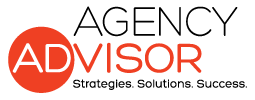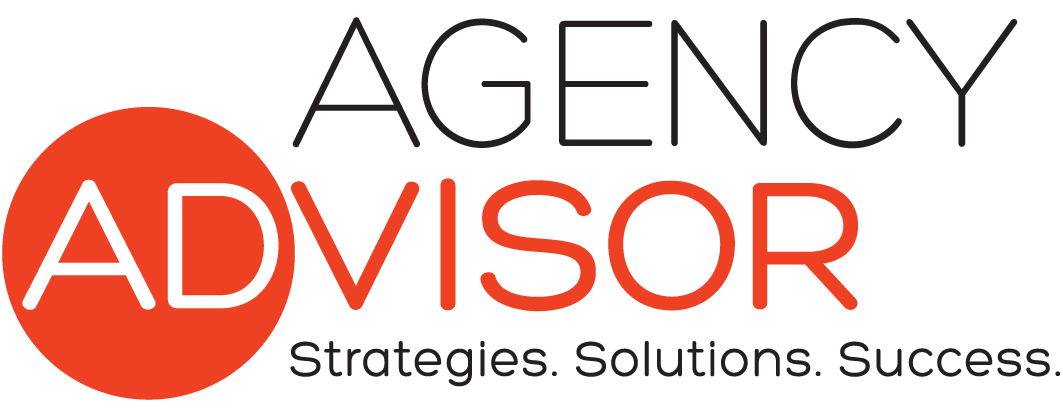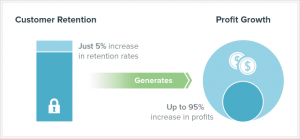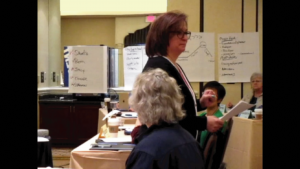I owned an Agency and ALL of the creative work that was delivered to the client was stellar. Actually, I would say it was incredible. Hey, I was no different from you. In retrospect, the reason that clients went to another agency and, some of them did, was not because the creative wasn’t “spot on”. Instead, it was because the relationship became comfortable. In fact, the relationship had become too comfortable.
Your relationship with your client may not be the only reason your extraordinary client keeps doing business with you, but it’s one of the best. It’s the relationship that keeps the client coming back to you.
The client/agency relationship develops in a similar way as spousal affairs – although the agency/client version is a polygamist one at best. First is the dating phase of the relationship. There is the tension between both the prospective client and the agency. The client, after being wooed and convinced to go on that first date, gives the agency a job. The agency is giddy with excitement and the new energy is stimulating. The client is anxious and eager to see what the agency provides.
The first job has been successfully completed and both parties in the relationship are satisfied. This cycle repeats several times and then the commitment is made. The agency is named Agency of Record and the two have promised their fidelity. Suddenly, the tension is gone. The fuel for the fire is gone. Finally, neither side of this relationship knows what they are talking about. Both sides are constantly nagging each other.
The last straw for the relationship is a job that gets delivered late or a client rejecting all concepts. The client has now been courted and wooed by another agency where the tension exists again. Both parties in the relationship have moved on.
We can learn how to improve and strengthen the client/agency relationship by reviewing suggestions marriage counselors make. The following are five relationship tips and how they can be applied to improve the rapport between the two.
- Have a date night. Marriage counselors recommend first and foremost scheduling time together away from the kids and the stressors. I am not recommending you date your clients, but I do agree with the reason for date night. Instead of a date, schedule regular off-site meetings with your client. This will allow you to have open dialogue without interruptions. Often the interruptions will generate tensions and neither party leaves the discussion with a clear, calm understanding of the results.
- Write a love letter – Just as you would do in a romantic relationship, it is healthy to reinforce your feelings for each other. Periodically let your client know that they are truly important to you and your agency. In today’s electronic world, a mailed note stands out and shows that you went the extra step to ensure that the client got the message.
- Respect – Without respect, there is no relationship. To be treated like an equal and nothing less is one of the most important traits humans seek. If you give it, you will get it back in return. Enough said.
- Open Communication –It is important that you both know how the other feels and what your needs are. Both sides should communicate what is going on in the relationship. During disagreements, avoid statements such as “You did…” or “You make me…” Instead, explain how you feel. For example, instead of “You make me feel…” state “When you do xyz, I feel…” Similar to spousal relationships, the best way to prevent these spats and potential breakups is to keep open and honest communication.
- Last but not least – TRUST! Without trust, there is no relationship. If you follow the other five tips, trust will naturally occur. Trust doesn’t have to be broken by a real action. It can be slowly dissolved by inaccurate assumptions. When we don’t hear back from our client, we often presume that they don’t like the concepts or they don’t want to interact with us. Don’t assume the worst!Following these steps will take your relationship in the right direction. It will save you unnecessary arguments, hurt feelings and frustrations. Relationships are not the easiest accomplishment in the world, but they are not the hardest. Treat your client relationship like you would your marriage and you and your client will live happily ever after.



